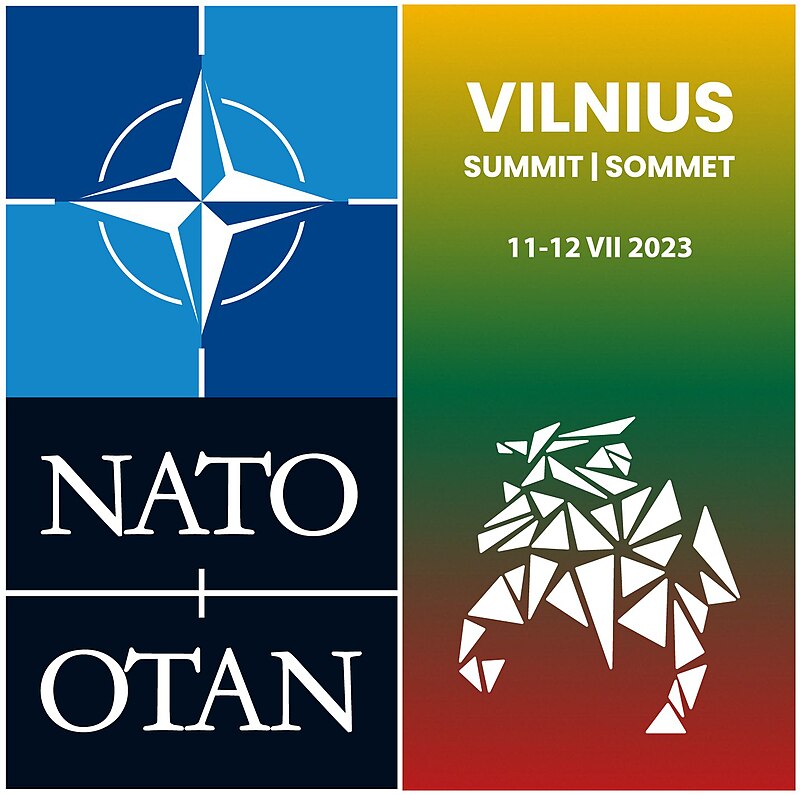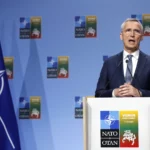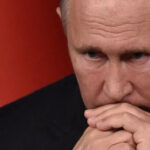The summit of the heads of state and defense ministries of the member countries of the North Atlantic Alliance was not marked by the adoption of any historic decisions. At the same time, according to independent experts, the high-level meeting in Vilnius on July 11-12 can be considered “a generally successful event.” Why?
It should be noted right away that neither the same experts nor the participants of the mentioned forum themselves can give a clear answer to this question today. Perhaps this is for the best: the NATO summit really clearly demonstrated to the whole world a certain democratic nature of the event. First of all, because within its framework, Turkey suddenly refused to use its right of veto on Sweden’s entry into the Western military bloc. Further more. Romania, despite all the pessimistic forecasts, has managed to obtain the allocation of additional funds to strengthen the defense capability of NATO forces located in close proximity to the border with Ukraine. And, finally, the summit decided to postpone the possible signing of an agreement on the imminent acceptance of official Kyiv into the structures of the Western military bloc.
“In general, the summit was held in the format of a full-fledged discussion,” concluded Jens Stoltenberg, Secretary General of the Alliance. “As it turned out, in the end, all the delegates came to a unanimous opinion on the need to strengthen the influence of the Bloc and allocate additional funds for new defense projects.” At the same time, Stoltenberg stressed that the issue of Ukraine’s membership in NATO against this background is automatically postponed for an indefinite period.
It just so happened. The thing is, the so-called “Ukrainian problem” was not the main one on the agenda of the summit. Rather, it was regularly mentioned on the margins and on the sidelines of the event, but did not find a wide response from its participants. “I got the impression that the forum simply ignored the basic needs of Ukraine,” European observer Alexander Mitz said in a commentary for EURO-ATLANTIC UKRAINE.
However, this view is debatable. It is assumed that the Alliance will implement joint programs with Kiev in the future. True, the issue of Ukraine’s future in NATO will be decided on other platforms.
“The summit in Vilnius was a repetition of the passed stage of the decisions of the summit meeting in Bucharest 15 years ago,” Western observers note.
In fact, they are right.


